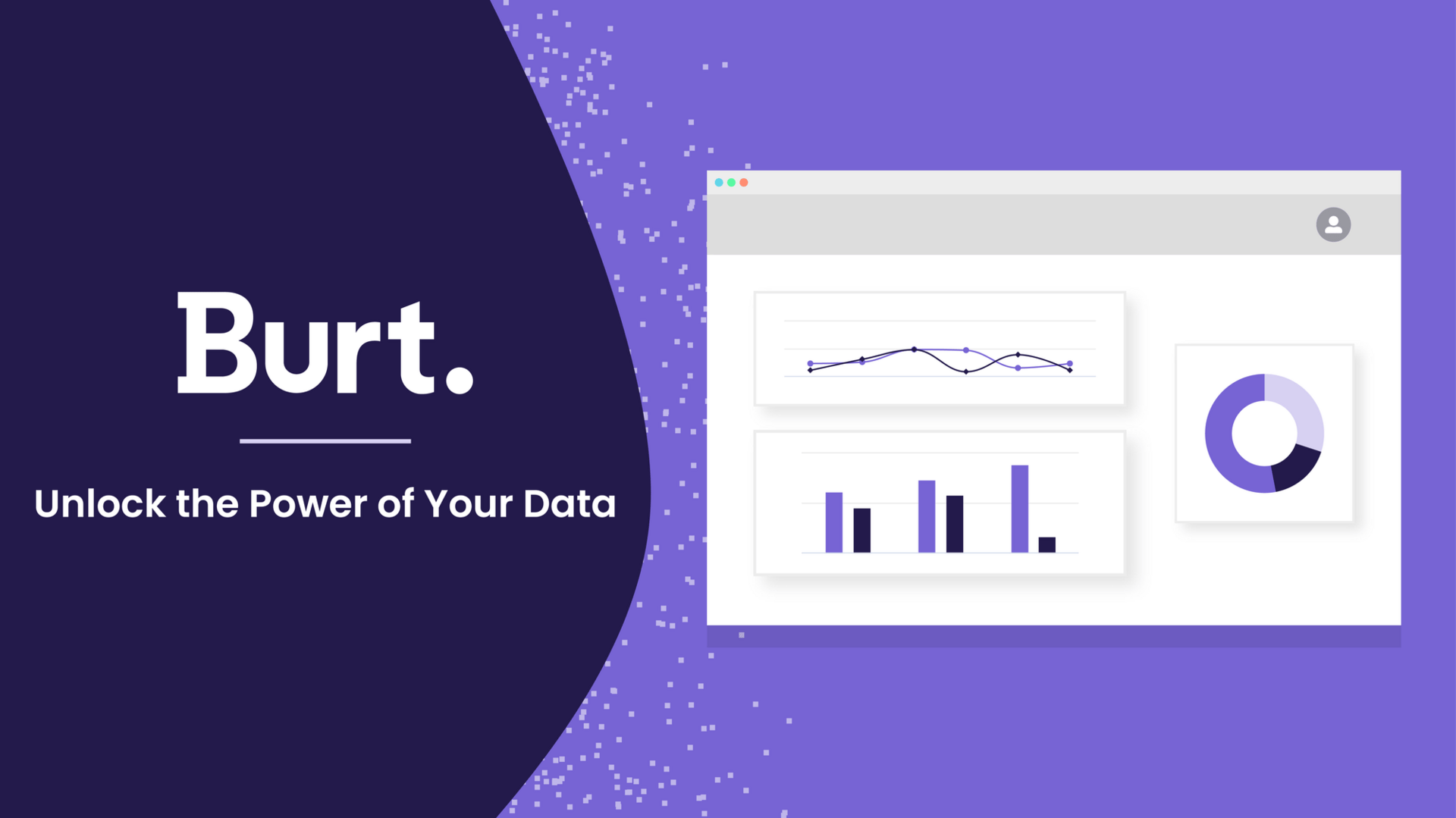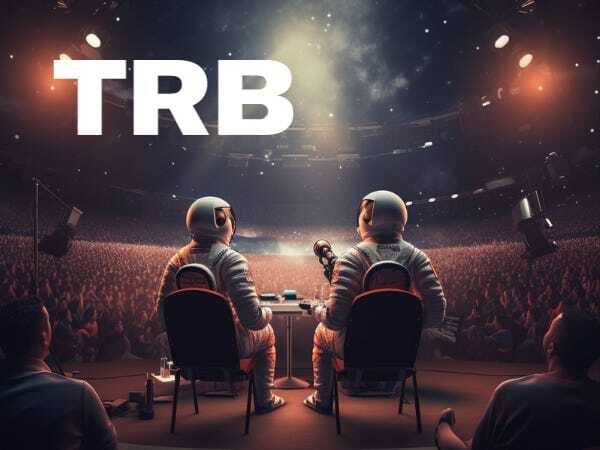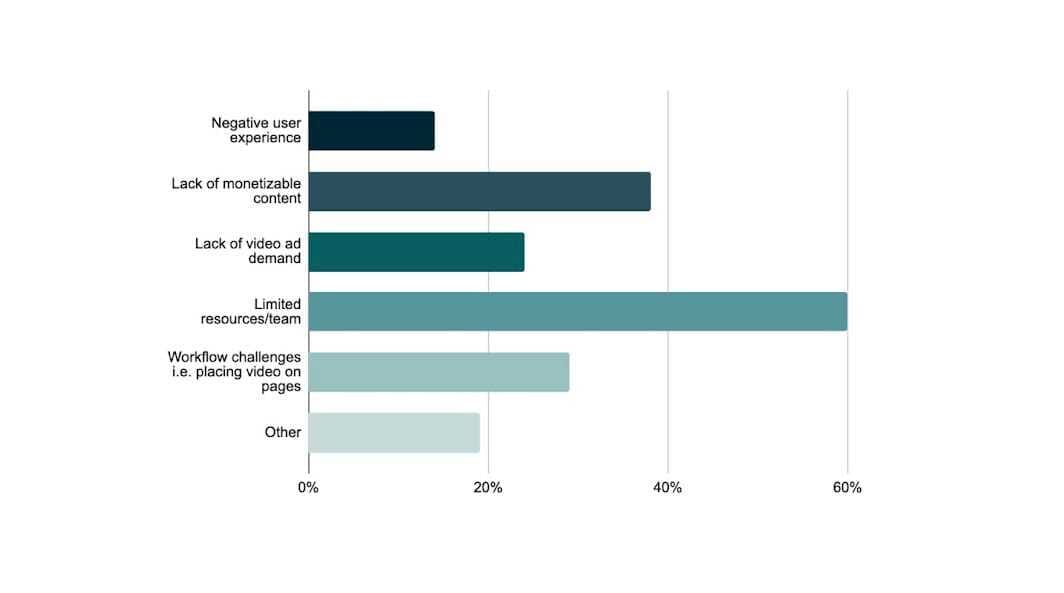The critical fourth quarter is kicking off. One takeaway from the inaugural dinner from The Rebooting Dinner Series is that publishers crave a normalization to their businesses, rather than the wild spikes many reported seeing over the year. More on that later in the newsletter. I also have thoughts on *that interview” at Code with X CEO Linda Yaccarino. In Recommendations, I have a reminder that deadlines are a necessary evil. First up, a message from Burt.


Are your ad ops or programmatic Yield teams overloaded with complex data? Discover the capabilities of Burt Intelligence, the premier solution for extracting, aggregating, normalizing, and automating revenue reporting needs into a single source of truth. Burt helps publishers:
Reconcile third-party delivery data and push it into your OMS
Automate campaign wrap reporting for clients
Report on programmatic performance
Forecast inventory scenarios
With Burt, you can save time, reduce errors, and gain actionable insights for substantial ROI improvements.
Recommendations
Scenes from the post-ZIRP world: The mania for podcasting was clearly a bubble in retrospect. Like the creator economy, the power law will mean some outsized winners, a long long tail and a rough time for the middle. The deep cuts at Pushkin, which raised nearly $13 million to produce podcasts, is a sign of the jarring return to earth. (Bloomberg)
Comply or exit: Publishers face something of a binary choice: Build your business and strategies around platform requirements, or de-risk as much as possible by doing things like events and services that don’t require platform permission. Commerce operations at publishers are struggling to comply with Google’s shifting prerequisites. Sounds… familiar. (Martech Record)
The magic of deadlines: “You need constraints to make better decisions, and the best constraint in the world is time. When you’re handcuffed to a hard deadline, you can’t keep trying this and that, changing your mind and putting the finishing touches on something that will never be finished.” – Tony Fadell (Andy Weisman)
Intelligent offers: Running a successful subscription business means navigating the fine line between choice and overwhelm. Get this free guide from Zuora to unpack the art of bundling and intelligent offers. (Zuora - Sponsored)
Serious People

When Logan told his adult children there were not serious people, it resonated because having a big job, a big title and the trappings of power isn’t the same thing as being able to wield that power.
Linda Yaccarino has found herself in the position of being in the same boat in the wake of what by all measures was a disastrous performance at the Code conference last week. I say performance because these types of interviews are performances that are meant to either shape or feed narratives. The intrigue of a “surprise guest” in the form of former Twitter safety exec Yoel Roth added to theatrical tension. Code has a history of drama, most notably when a 26-year-old Mark Zuckerberg sweated it out during his own disastrous interrogation interview back in 2010.
Zuckerberg at the time was also at risk of not being a Serious Person, even if he’d been a wunderkind who came up with Facebook in a dorm room. That was a time when those stories were more endearing and Big Tech wasn’t spending its time in the crosshairs of regulators whose discovery inevitably unearths all kinds of hard sharp-elbowed business practices just this side of New Jersey cement contractors.
Zuckerberg's baggage was less his age than his maturity. He had carried around a business card reading “I’m CEO, bitch,” which even at the time was not the mark of a Serious Person who would sit down to negotiate with Steve Jobs and Bill Gates. David Fincher’s “The Social Network” that summer would portray his callowness. There were the slides, the frat house hoodies, the adolescent AIMs. Kara Swisher’s mothering of him to take off his sopping wet hoodie didn’t help matters. This was a boy, not a man.
But nobody would say Zuckerberg isn’t a Serious Person now. He maintained control of Facebook and built a massive business while keeping iron-fisted control of the company through an IPO with a dual-class structure. He made tough calls like adopting the feed and making a homerun purchase of Instagram. He went through the crucible of being turned into a public enemy and hauled before Congress for a show. His dogged determination to make VR happen is admirable. He recently showed off how Meta’s VR tech has already improved markedly, at least in the demo in his interview with Lex Fridman, after its cartoonish avatars were mocked. Zuckerberg, who was always a wooden public speaker, is good at conversational interview, like this one with The Verge’s Alex Heath.
I don’t know Linda, I know a lot of people who know her well, and they’ve said she wanted to be a CEO so badly that it led her to the Twitter role with all of the pitfalls obvious to anyone paying attention. From the start, she’s been in an impossible position, because she is a tech company CEO who seemingly has no say on the tech or more to the point the product. This isn’t a recipe for being taken seriously as the leader of a tech company. There’s a reason that Tim Armstrong never became Google CEO. Collecting the money isn’t the same as making the product. These are product companies that worship engineering, not the ability to turn on the Long Island charm to talk up tentpole opportunities, 360 campaigns and optimal media mix to get an increased share of wallet from P&G. It wasn’t like she was making the programming decisions, but in the media business ad sales is the tail that wags the dog. Her job at Code was to refute this notion.
Silicon Valley is allergic to managerial CEOs, much less from the ad sales function. The beatified presence of Steve Jobs dictates that Apple went into a different direction when a “professional CEO” came in to lead the company. Jobs himself was no engineer, but he was a Product Person. And for those who can’t code, being a Product Person is good enough. It’s why so many people want to be product managers. You get the upsides and perks of the tech industry without being very technical.
The most surprising part of Yaccarino’s performance is she held up her phone to reveal she doesn’t have the renamed X on her home screen. Say what you want about Musk, he’s obsessed with the product.
I’ve seen this in the publishing business, where the CEO has no feel whatsoever for the product. They wouldn’t know if it was good or bad. But that often doesn’t matter that much since the product in an ad-driven business is a means to an ends. There’s a reason the sales people are paid far more than the editorial people.
Stepping into the glare of being Musk’s Medvedev would test the most battle-hardened executive. Running ad sales at NBC Universal is a big job – Yaccarino was responsible for a $13 billion business, or quadruple Twitter’s – but it’s also not remotely in the same pressure cooker. Rehearsed performances like the upfronts are about reading off teleprompters. That’s a different type of performance than a free-flowing conversation that will inevitably test how quickly an executive can think on their feet.
There’s a school of thought that these type of performances are as irrelevant as those dumb “brainteaser” interview challenges tech companies love, as if finding the best candidate is as simple as seeing who can put together a jigsaw puzzle quickest. Maybe. Media training only gets you so far in a dynamic setting. Slow talking and relying on bluster, much less checking your watch, doesn’t retail in these settings. The job is to show command.
And the risk is, of course, The Narrative. For Yaccarino, the narrative is she’s a puppet, a “CEO in name only,” and perilously close to the ledge of a glass cliff.
And so these set pieces still matter because they do not exist in a vacuum. Dealing with pesky questions from a CNBC anchor is presumably small beer compared to appeasing bankers with $13 billion in debt who want to know what the turnaround plan is to get their money back. That’s a Serious Person conversation Logan wouldn’t trust his kids to have.

The video resource challenge
In The Rebooting’s recent “State of Publisher Video Monetization” report, done in partnership with VideoElephant, we surveyed 115 publishers and found that one of the biggest hurdles they face in capturing the opportunities they see in video is resources. Video is seen as a big bet, and publishers have institutional memory of pivots that shall not be named.

Q4 vibe check
We kicked off The Rebooting Dinner Series last Thursday evening at Saga in New York. (Thanks to Permutive for sponsoring.) These are private dinners, but some broad takeaways from some great conversation among 15 publishing revenue leaders:
It's time to make clear the value exchange with the audience. One suggestion was publishers should show the price of accessing content without advertising. Being explicit with the value exchange can’t hurt.
Prepare for new types of targeting. Few people at the table exhibited the type of hand wringing I tend to read about the demise of the third-party cookie. But most agreed that the entire digital media ecosystem has to prepare for signal loss. Whether it's psychographic segments or personas, the targeting landscape is in flux and without a doubt moving away from one-to-one targeting.
The revenue rollercoaster is smoothing out, slowly. Nobody made their numbers in the first quarter, and the second quarter was just marginally better. The up and down year and Covid distortions have lasted longer than most anticipated. Ideally 2024 will normalize with increased visibility.
Sign up to apply for invitations to future dinners – we base them off the topic matching people’s job responsibilities – or,better yet, to sponsor them.
Thanks for reading. Send me your feedback by hitting reply, or send me an email at [email protected].
Thanks to Burt, Zuora and VideoElephant for their support.